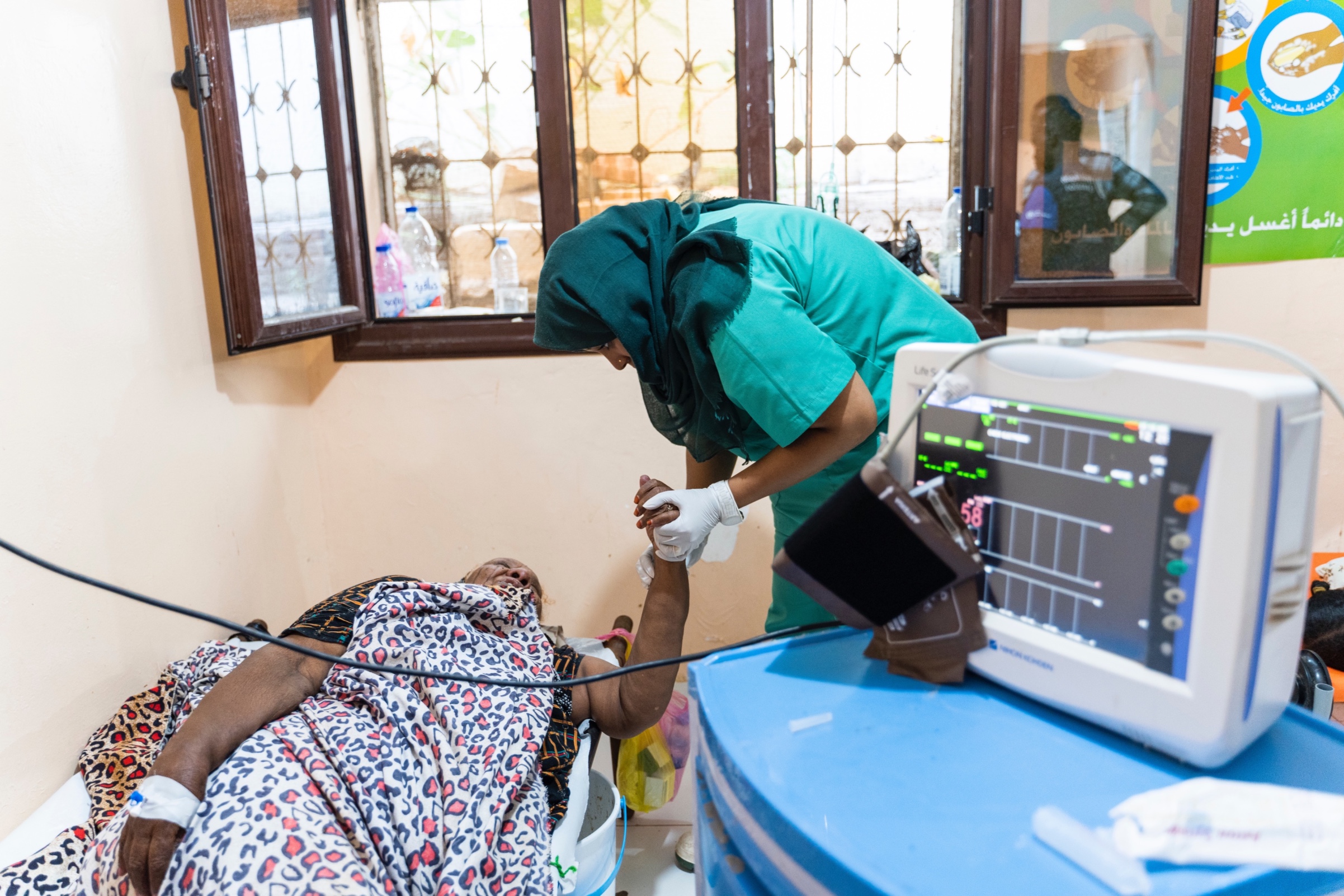World Health Organization, United Nations Development Programme (UNDP)
Pacific NCD Summit: Translating global and regional commitments into local action
Report
08 May 2024
Journal of Migration and Health
14 Feb 2024

The high and rising global burden of non-communicable diseases (NCDs) is reflected among crisis-affected populations. People living with NCDs are especially vulnerable in humanitarian crises. Limited guidance exists to support humanitarian actors in designing effective models of NCD care for crisis-affected populations in low- and middle-income countries (LMICs). We aimed to synthesise expert opinion on current care models for hypertension and diabetes (HTN/DM) in humanitarian settings in LMICs, to examine the gaps in delivering good quality HTN/DM care and to propose solutions to address these gaps.
We interviewed twenty global experts, purposively selected based on their expertise in provision of NCD care in humanitarian settings. Data were analysed using a combination of inductive and deductive methods. We used a conceptual framework for primary care models for HTN/DM in humanitarian settings, guided by the WHO health systems model, patient-centred care models and literature on NCD care in LMICs.
HTN/DM care model design was highly dependent on the type of humanitarian crisis, the implementing organisation, the target population, the underlying health system readiness to deal with NCDs and its resilience in the face of crisis. Current models were mainly based at primary-care level, in prolonged crisis settings. Participants focussed on the basic building blocks of care, including training the workforce, and strengthening supply chains and information systems. Intermediate health system goals (responsiveness, quality and safety) and final goals received less attention. There were notable gaps in standardisation and continuity of care, integration with host systems, and coordination with other actors. Participants recommended a health system strengthening approach and aspired to providing patient-centred care. However, more evidence on effective integration and on patients’ priorities and experience is needed. More funding is needed for NCD care and related research.
Comprehensive guidance would foster standardization, continuity, integration and, thus, better quality care. Future models should take a health system strengthening approach, use patient-centred design, and should be co-created with patients and providers. Those designing new models may draw on lessons learned from existing chronic care models in high- and low-income settings.